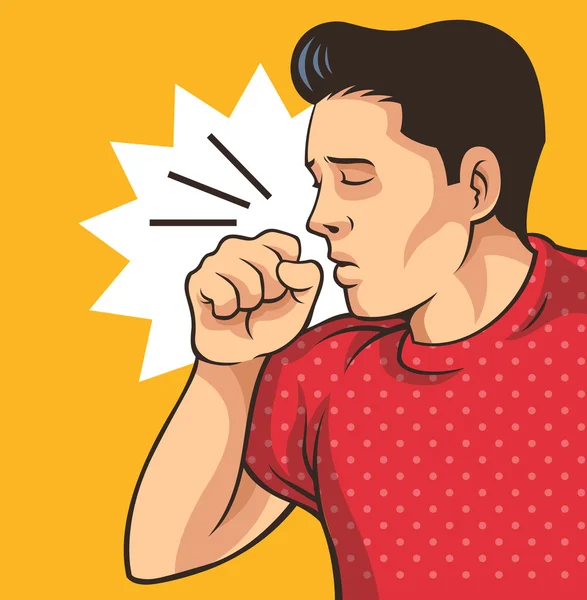Coughing is a common reflex that helps clear the airways of irritants and mucus. However, persistent coughing can be uncomfortable and disruptive. While it’s impossible to completely eliminate coughing, there are several effective strategies to prevent and manage it.
Understanding the Causes of Cough
Before we delve into prevention methods, it’s important to understand the common causes of coughing:
- Viral Infections: Common cold, flu, and other respiratory infections are frequent causes of coughing.
- Allergies: Allergens like pollen, dust mites, and pet dander can trigger coughing.
- Post-Nasal Drip: Excess mucus draining from the sinuses can irritate the throat and cause coughing.
- Acid Reflux: Stomach acid can irritate the throat and lead to a cough, especially at night.
- Smoking: Smoking damages the respiratory system and can lead to chronic cough.
- Environmental Irritants: Exposure to pollutants, smoke, or chemical fumes can irritate the airways.
- Chronic Conditions: Conditions like asthma, bronchitis, and chronic obstructive pulmonary disease (COPD) can cause persistent coughing.
Prevention Strategies
Here are some practical tips to prevent coughing:
1. Maintain Good Hygiene:
- Wash Your Hands Frequently: This simple act can significantly reduce the risk of viral infections.
- Avoid Touching Your Face: Germs can easily spread from your hands to your face, leading to infection.
- Clean and Disinfect Surfaces: Regularly clean and disinfect frequently touched surfaces to minimize the spread of germs.
2. Boost Your Immune System:
- Eat a Balanced Diet: A diet rich in fruits, vegetables, and whole grains can strengthen your immune system.
- Get Enough Sleep: Adequate sleep is essential for a healthy immune system.
- Manage Stress: Stress can weaken your immune system, so practice relaxation techniques like yoga, meditation, or deep breathing.
- Stay Hydrated: Drinking plenty of water helps to keep your mucous membranes moist and can alleviate dry coughs.
3. Address Allergens and Irritants:
- Identify Triggers: Determine what triggers your allergies or irritants and take steps to minimize exposure.
- Use Air Purifiers: Air purifiers can help remove allergens and pollutants from the air.
- Control Indoor Humidity: Use a humidifier to add moisture to the air, especially during dry winter months.
4. Lifestyle Modifications:
- Quit Smoking: Smoking is a major risk factor for respiratory problems, including chronic cough.
- Limit Alcohol Consumption: Excessive alcohol consumption can irritate the throat and worsen cough.
- Avoid Excessive Caffeine: Caffeine can dehydrate the body, leading to dry cough.
5. Over-the-Counter Remedies:
- Cough Drops and Lozenges: These can soothe a sore throat and reduce coughing.
- Expectorants: These medications help loosen mucus, making it easier to cough up.
- Cough Suppressants: These medicines can help reduce the frequency of coughs, especially at night.
When to Seek Medical Advice:
- Persistent Cough: If your cough lasts for more than a few weeks, consult a doctor.
- Severe Cough: A severe cough that interferes with daily activities or is accompanied by other symptoms like fever, chest pain, or difficulty breathing should be evaluated by a healthcare professional.
- Coughing Up Blood: This is a serious symptom and requires immediate medical attention.
By following these preventative measures and seeking medical advice when necessary, you can effectively manage your cough and improve your overall respiratory health.
